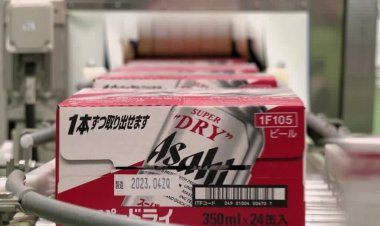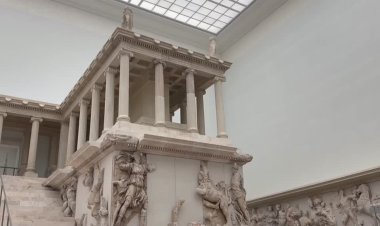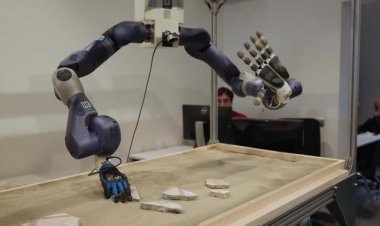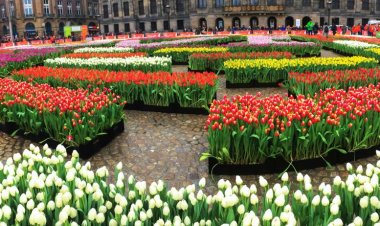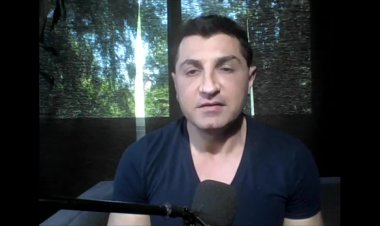Assad regime's fall reveals Syria's captagon empire
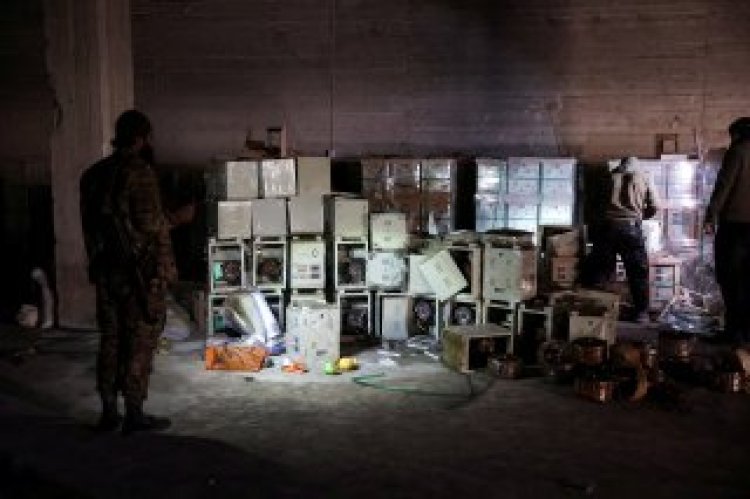
The industrial-scale drug lab sat just up a hill from a main road on the western edge of Damascus, the city that was the seat of power for the Assad family which long denied any links to the narcotics trade.
President Bashar al-Assad's government in Syria was accused by Washington and others of profiteering from the production and sale of the addictive amphetamine-like stimulant commonly known as captagon which became entrenched across the Middle East, from front lines of wars to construction sites and high-end parties.
The annual trade in captagon is worth billions of dollars a year, experts say, and Western governments have linked the illicit trade in Syria to Assad's brother, Maher al-Assad, and the Fourth Division of the Syrian army he commanded.
Maher Assad's whereabouts are not known.
Bashar Assad's fall after a lightning rebel offensive has allowed journalists for the first time to start searching in Syria for evidence of the captagon empire.
In the dark, cavernous warehouses at the abandoned site in the city of Douma, fighters who ousted Assad said they found thousands of pills hidden in furniture, fruit, decorative pebbles and voltage stabilizers that reporters saw stacked on pallets, with a trailer waiting outside.
Many of the pills were stamped with the double crescent logo or the word "Lexus" that identifies captagon pills.
Meanwhile people gathered in Aleppo to celebrate the fall of the Assad regime. The joyous crowd chanted and waved the adopted flag by the Syrian new ruling body in Aleppo's Saadallah al-Jabiri square.
Dancing and singing in the square, adults and children alike filled the space, with the youth climbing a local monument dedicated to the Syrian martyrs.
Since the fall of the regime, which occurred last week, many Syrians have expressed joy and optimism for the future of the country.
Earlier this week, Mohammed al-Bashir, who is backed by the rebel faction that ousted Assad, said he would lead the interim authority until March 1.





